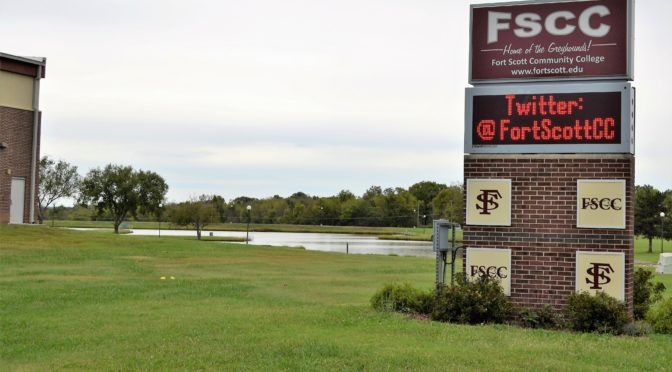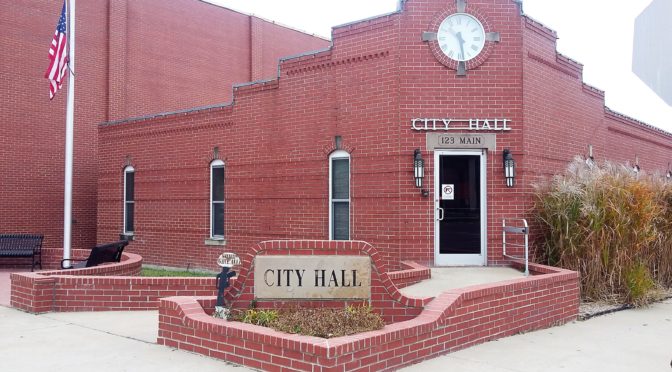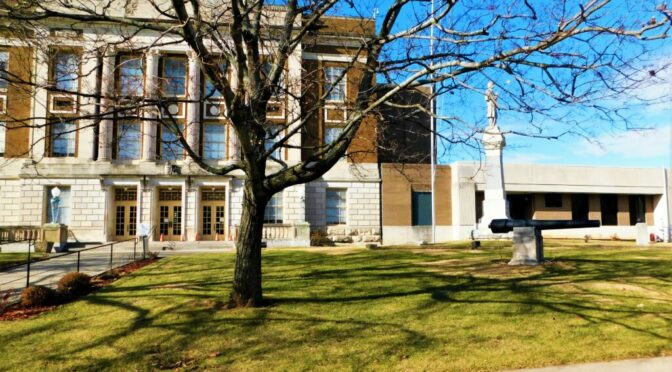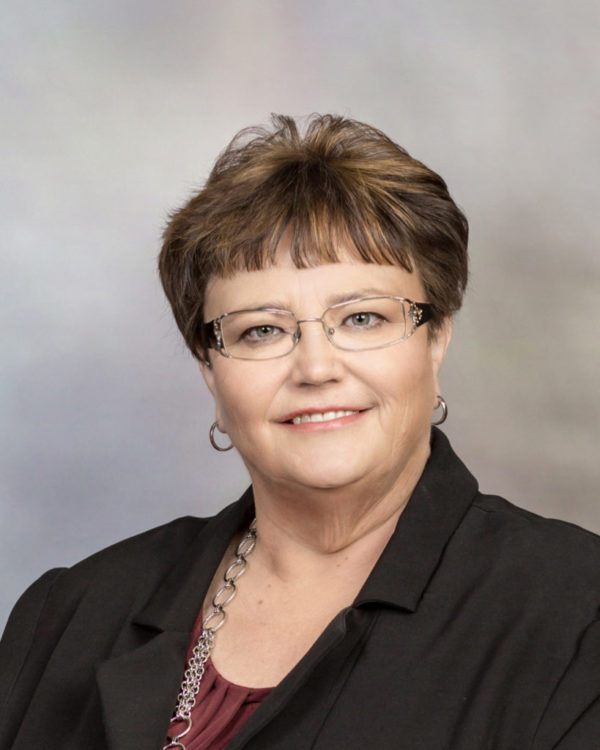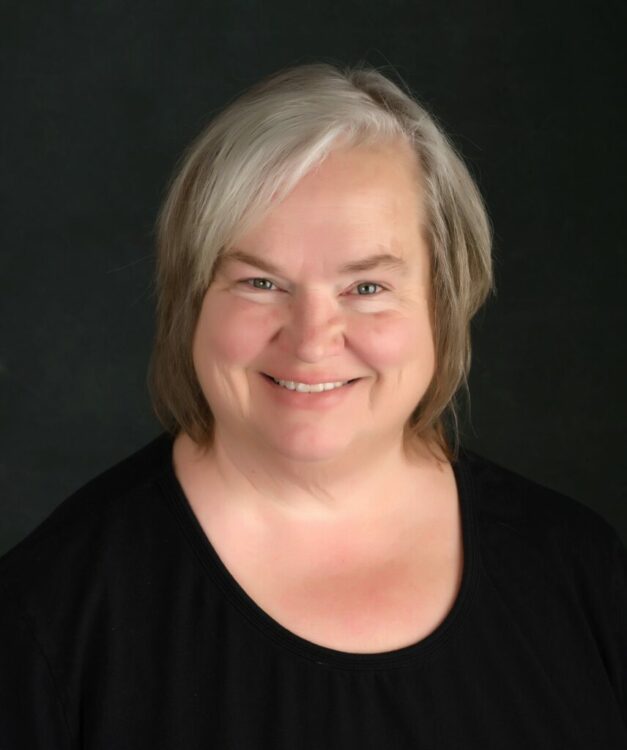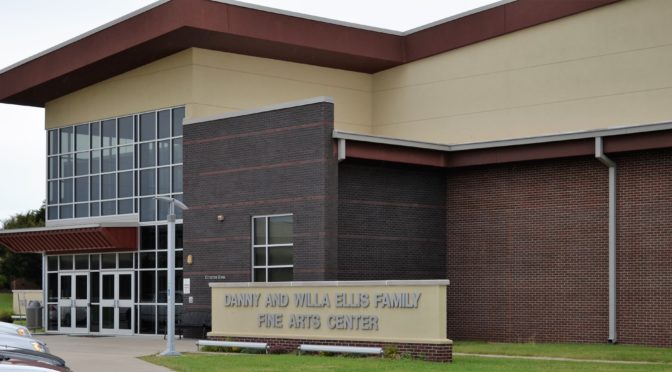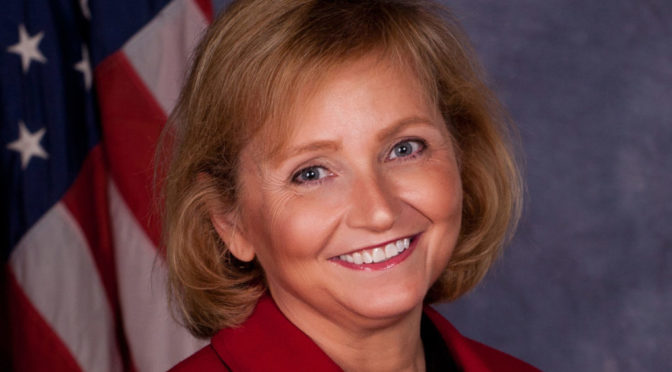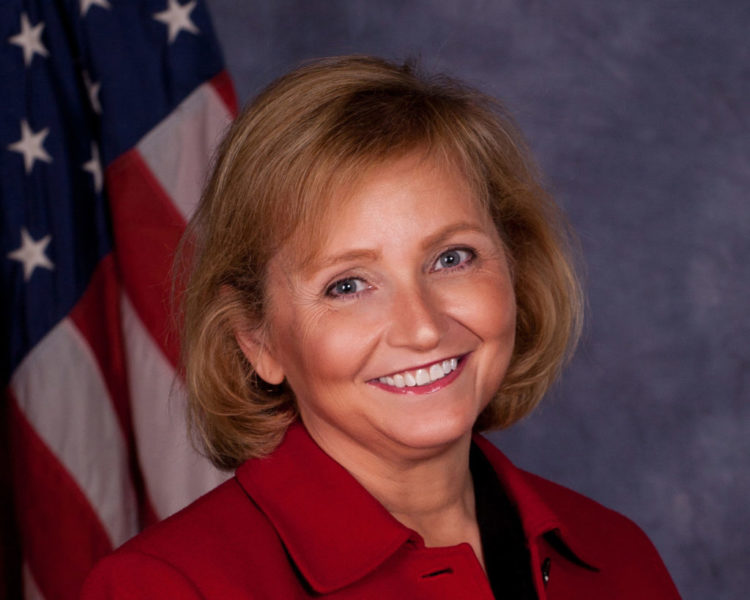January 24, 2022
Board of Trustees
Fort Scott Community College
2108 S. Horton
Fort Scott, KS 66701
The Board of Trustees of Fort Scott Community College will meet in regular session on Monday,
January 24, 2022. The meeting will be held in Cleaver-Burris-Boileau Hall at Fort Scott Community College.
5:00 p.m. Dinner in Cleaver-Burris-Boileau Hall at 5:00 followed by regular board meeting at 5:30 p.m.
THE AGENDA
5:00 DINNER
5:30 ROLL CALL, 3
PLEDGE OF ALLEGIANCE
CALL TO ORDER, 4
A. Comments from the Chair, 4
B. Comments from the Public, 4
C. Audit Report, 4
CONSENT AGENDA, 5
A. Approval of Agenda, 5
B. Approval of Minutes of previous Regular Board Meeting conducted on December 13,
2021, 6
C. Approval of Treasurer’s Report, Bills, and Claims, 9
D. Approval of Personnel Actions, 5
ACTION/DISCUSSION ITEMS, 52
A. Approval of Interlocal Agreement Between City of Fort Scott, Bourbon County, USD 234, and FSCC, 52
B. Consideration of Public Records Request Policy, 56
REPORTS, 58
A. Administrative Updates, 58
EXECUTIVE SESSION, 76
ADJOURNMENT, 77
UPCOMING CALENDAR DATES:
• January 24, 2022: Board Meeting
• February 21, 2022: Board Meeting
• March 14 – 18, 2022: Spring Break, Campus Closed
• March 21, 2022: Board Meeting
• March 25, 2022: Aggie Day
• April 12, 2022: Foundation Scholarship Dinner
• April 15, 2022: Good Friday, Campus Closed
• April 18, 2022: Board Meeting
• May 6, 2022: Athletic Award Show
• May 7, 2022: Hall of Fame Golf Tournament and Banquet
• May 10 – 13, 2022: Finals
• May 14, 2022: Graduation
• May 16, 2022: Board Meeting
• May 30, 2022: Memorial Day, Campus Closed
• June 20, 2022: Board Meeting
• July 16, 2022: Foundation Gala
CALL TO ORDER
A. COMMENTS FROM THE CHAIR
B. COMMENTS FROM THE PUBLIC
C. AUDIT REPORT
CONSENT AGENDA
A. APPROVAL OF AGENDA
B. APPROVAL OF MINUTES OF PREVIOUS MEETINGS
1) Attached are the minutes of the Regular Board Meeting conducted on December
13, 2021.
C. APPROVAL OF TREASURER’S REPORT, BILLS and CLAIMS
Attached are the Treasurer’s Report and the Bills and Claims Report.
D. APPROVAL OF PERSONNEL ACTIONS
1) Separations
a) Sean Davidson, Assistant Football Coach, effective January 31, 2022
b) Kelly Davis, Assistant Football Coach, effective January 31, 2022
c) Jeff George, Assistant Football Coach, effective January 31, 2022
d) Carson Hunter, Head Football Coach, effective January 31, 2022
e) Brant Newman, Assistant Football Coach, effective January 31, 2022
f) Jeremiah Taylor, Assistant Football Coach, effective January 31, 2022
To view the full multi-page agenda:
1.24.22 Consent Agenda
